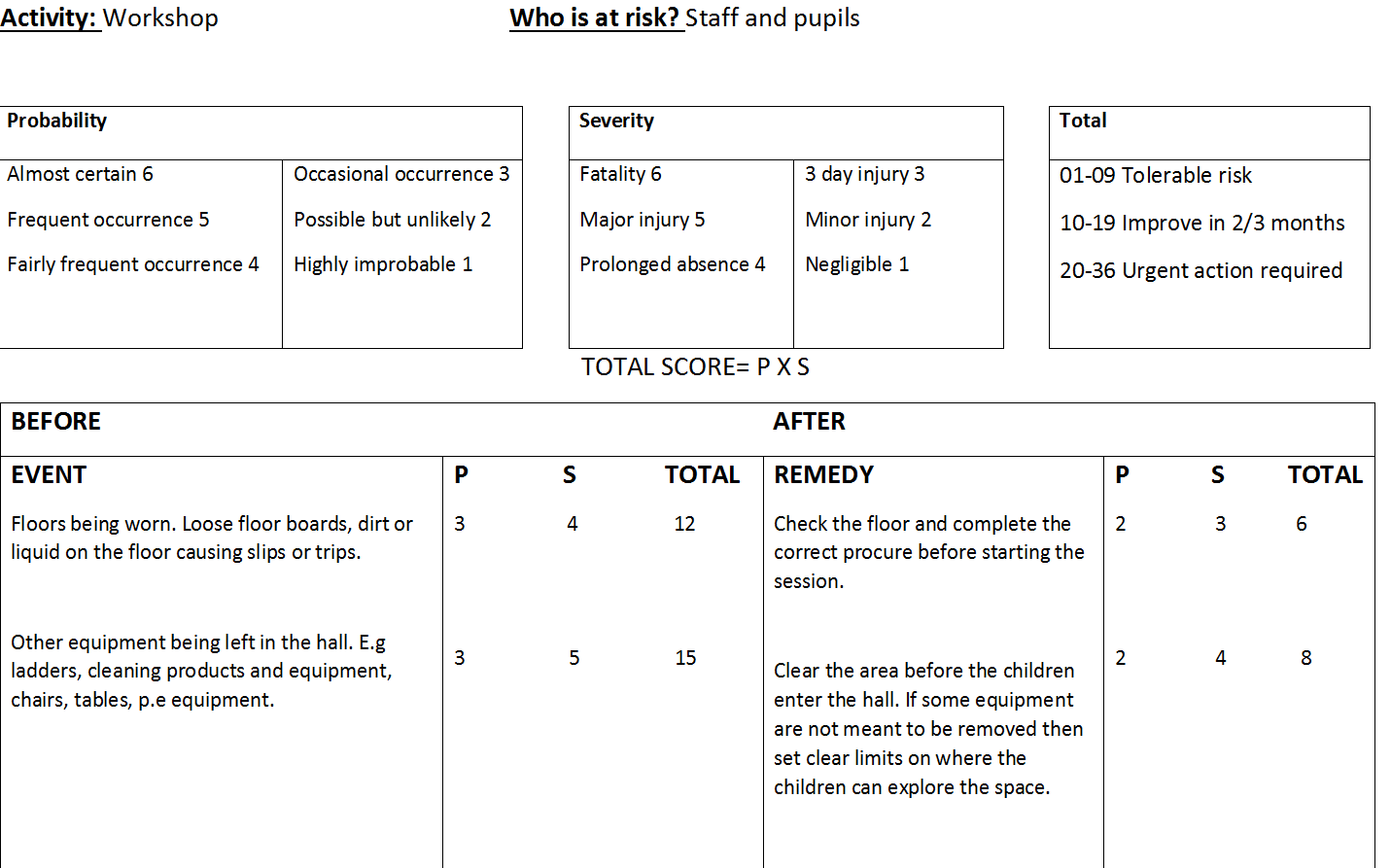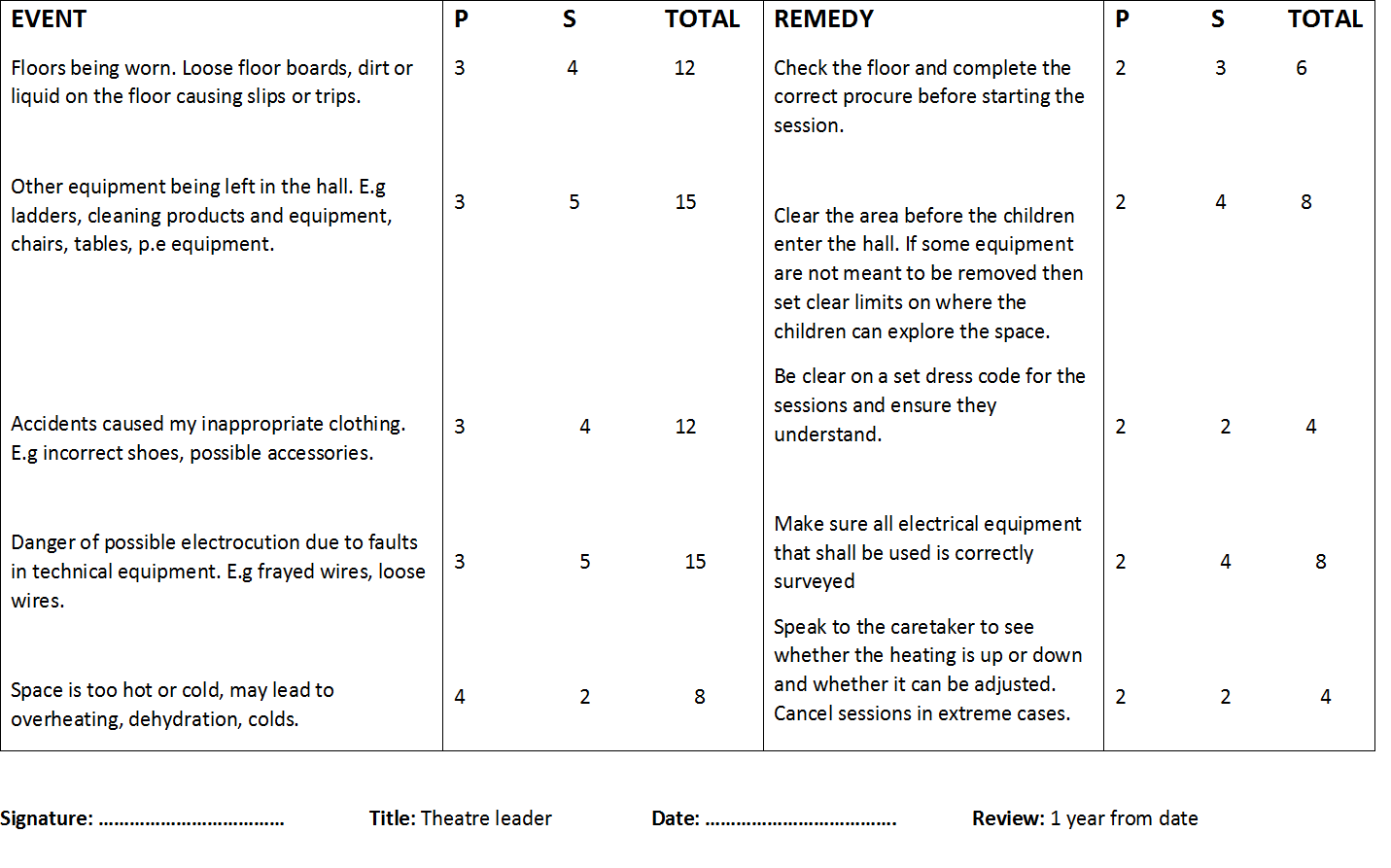‘In students’ eyes an important component of successful learning is perceiving the teacher as both ally and authority’ (Brookfield, 2006, 67)
It is key to be ‘able to engage with people, build relationships and ‘hold’ a group’ (Amans, 2008, 170) and this is achieved when presenting yourself as an ally and a person of authority. We must remember that no matter what age, sex, race or ability you may work with, everyone is still a participant willing to be taught. When introducing yourself to your participants you should come across as approachable. By doing this you are ensuring everyone feels comfortable in your environment. When enforcing authority you are creating a safe atmosphere, therefore both displaying yourself as a person of authority and their ally you are creating a safe and welcoming setting. With generating this positive and supportive community you are enabling your students to ‘develop communication skills, instil confidence and encourage teamwork’ (Wood and Grant, 1999, 6) which helps assists success within your sessions.
The importance of establishing authority is high, as this forms you as the port of call for possible issues and creates safety within the group. As we know ‘it takes tremendous strength of will as a performer to assert one’s authority and make sure the sequence doesn’t get out of control,’ (Wood and Grant, 1999, 233) This can be applied to teaching and leading theatre sessions, as we all understand there is a need for a person of authority to ensure that the sessions are under control and we are able to achieve the aims of that session, week and term. Therefore because of this control participants are able to triumph within their personal development and are able to progress as a group. Although it is important to have a certain person in authority and for your participants to see you in that role, sometimes (depending on the age group you will be working with) it may be just as effective to share out authority within your participants. Paolo Freire says ‘when I allow myself to be honest in the classroom, I share authority with my students.’ (Fliotsos and Medford, 2009, 202) Freire’s method can be successful as it allows your participants to feel they have the same influence as everyone, and that no one is more significant than anyone else, thus establishing an equal common ground. However as mentioned it is essential that you as a teacher or leader do maintain some form of authority to preserve safety and control within your group.
Although authority is necessary when being responsible for others, being seen as an ally can be just as important. Having a positive and supportive relationship with your participants may not aid with safety within the session, however it has a massive impact on the environment you create. Every teacher or leader hopes to create an encouraging atmosphere. To achieve this it is important ‘to identify individual strengths and areas for development, and provide students with opportunities to extend their skills.’ (Lewis and Rainer, 2005, 10) Participants will only be able to express themselves completely and show their potential when they feel comfortable and see you as an ally. The most appropriate time to establish yourselves as an ally is on your first meeting with your participants, like acting, I would say, is ultimately about communicating, and the great desire to communicate,’ (Booth, Gallagher and Ardal, 2003, 12) so to firstly establish that you are an ally is extremely important for them to feel comfortable in your company and for you to lead their sessions successfully. Not only this, to present yourself as an ally will allow you to be more approachable and help you in establishing your authority.
As discussed it is obvious to see that presenting yourself to your participants as a person of authority and their ally are connected. I believe you cannot have one without the other, being their ally allows you to achieve authority, and without authority you do not have the freedom to become their ally. Both supports the idea of creating a safe and encouraging atmosphere, as well as allowing participants to explore within your sessions confidently. It is important to present yourself as a person with an open mind so you can achieve equality within yourself and your group, whilst doing this you are also supporting the idea that working within community is not exclusive but is in fact inclusive. When progressing with your participants you are able to enjoy collaborative relationships with them because you have created an obvious role for yourself that everyone can understand and respect, therefore giving you and your participants freedom to work together. Although you have a responsibility with the wellbeing of your participants, establishing your authority and your support towards them will improve the wellbeing of your group as a whole and the individuals included. For that reason I believe that for your participants to view yourself in the role of authority and an ally, it does contribute to success within the participant group as well as the individuals because not only does it create a specific role that is there to protect them, it is also a role to maintain a healthy wellbeing to everyone involved.
Works Cited
Amans, D. (2008) An introduction to community dance practice, New York: Palgrave Macmillian.
Wood, D. and Grant, J. (1999) Theatre for Children: A Guide to Writing, Adapting, Directing, and Acting. United States: Dee Ivan R. Publisher.
Fliotsos, A. and Medford, G. (2009) Teaching Theatre Today: Pedagogical Views of Theatre in Higher Education. United Kingdom: Palgrave Macmillian.
Lewis, M. and Rainer, J. (2005) Teaching Drama and Theatre in the Secondary School; Classroom Projects for an Integrated Curriculum. United Kingdom: Routledge
Booth, D., Gallagher, K. and Ardal, M. (2003) How Theatre Educates: Convergences and Counterpoints with Artists, Scholars, and Advocates. Canada: University of Toronto Press, Scholarly Publishing Division.


